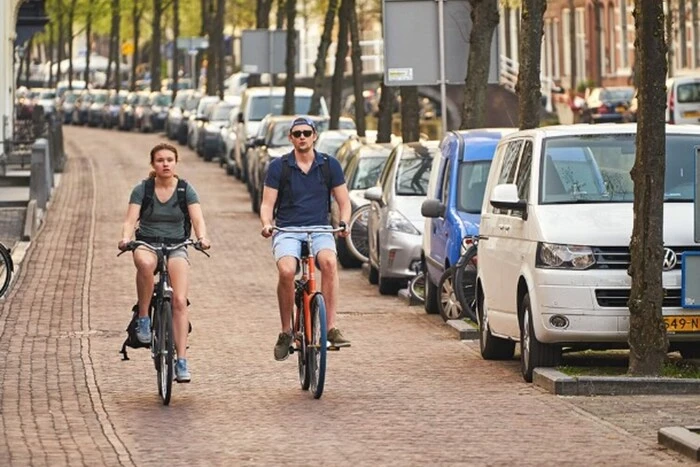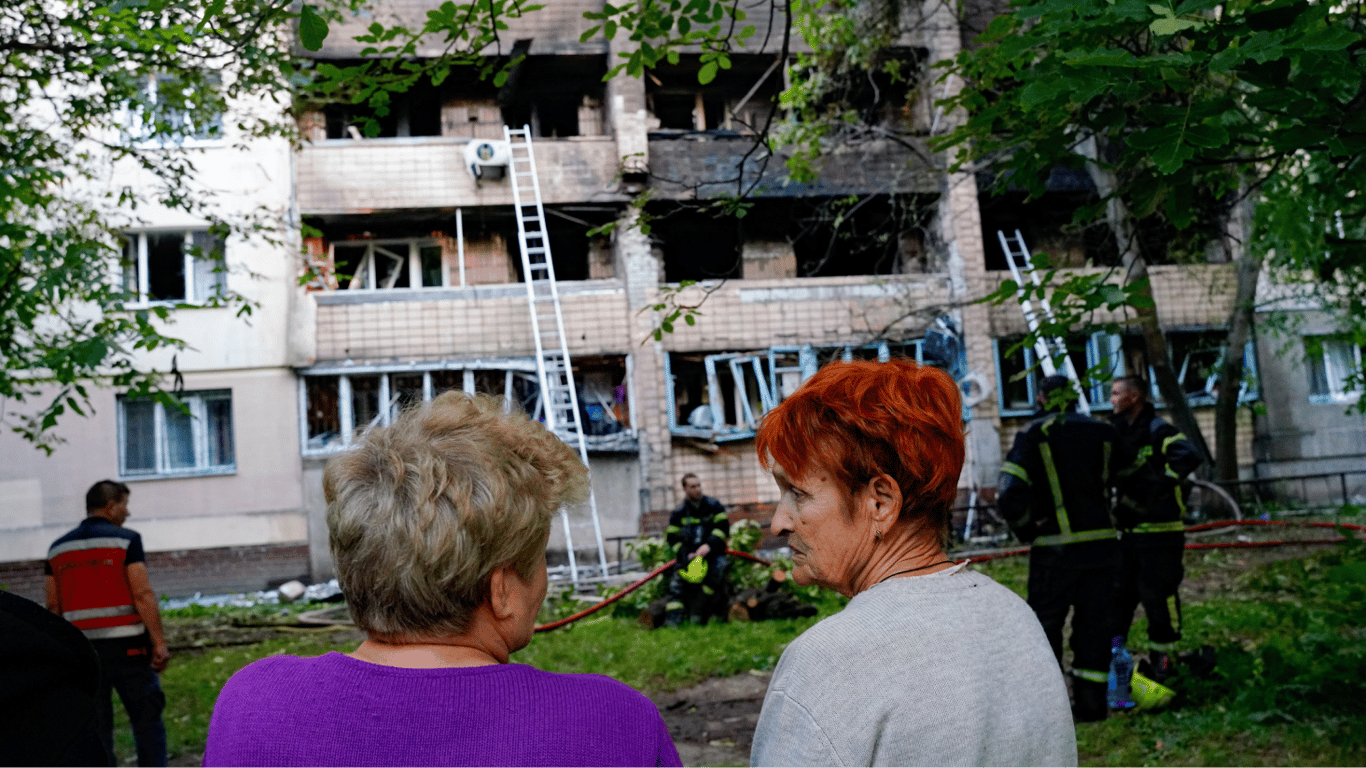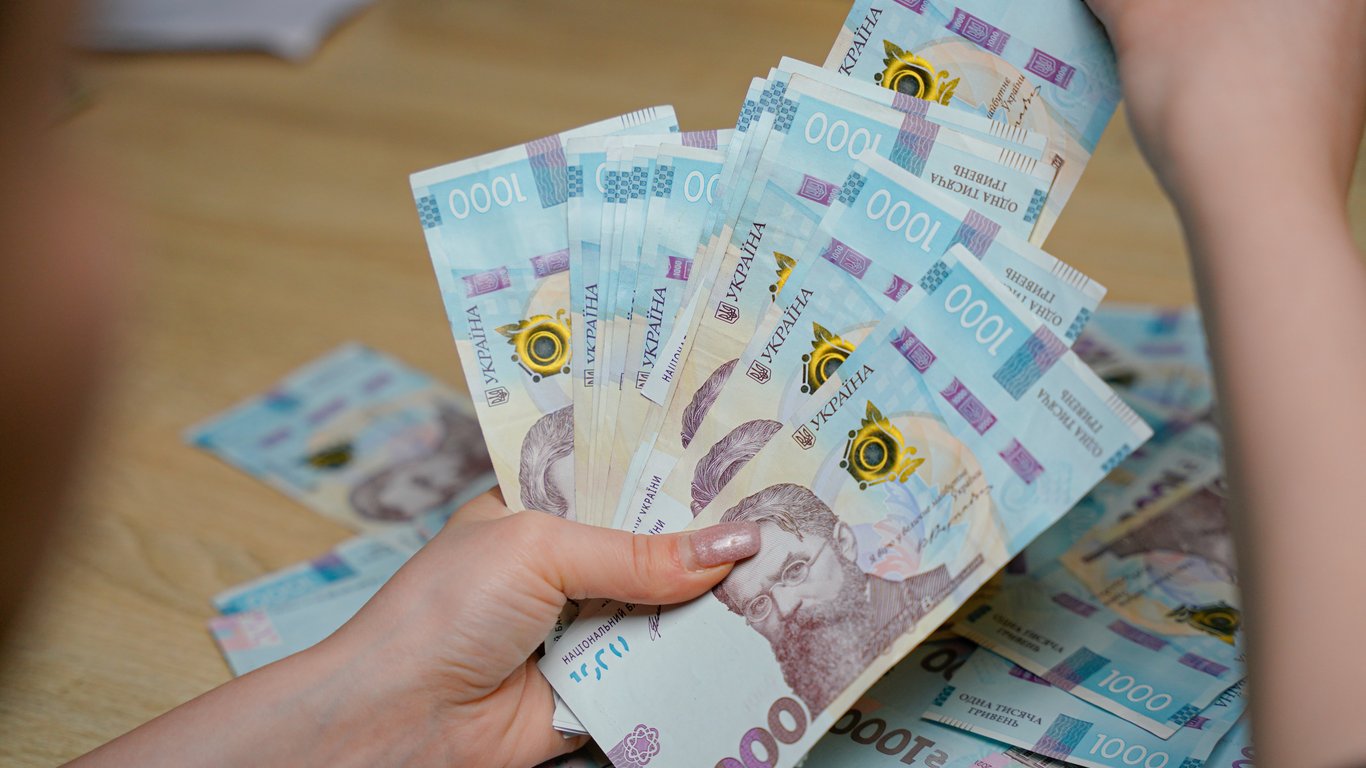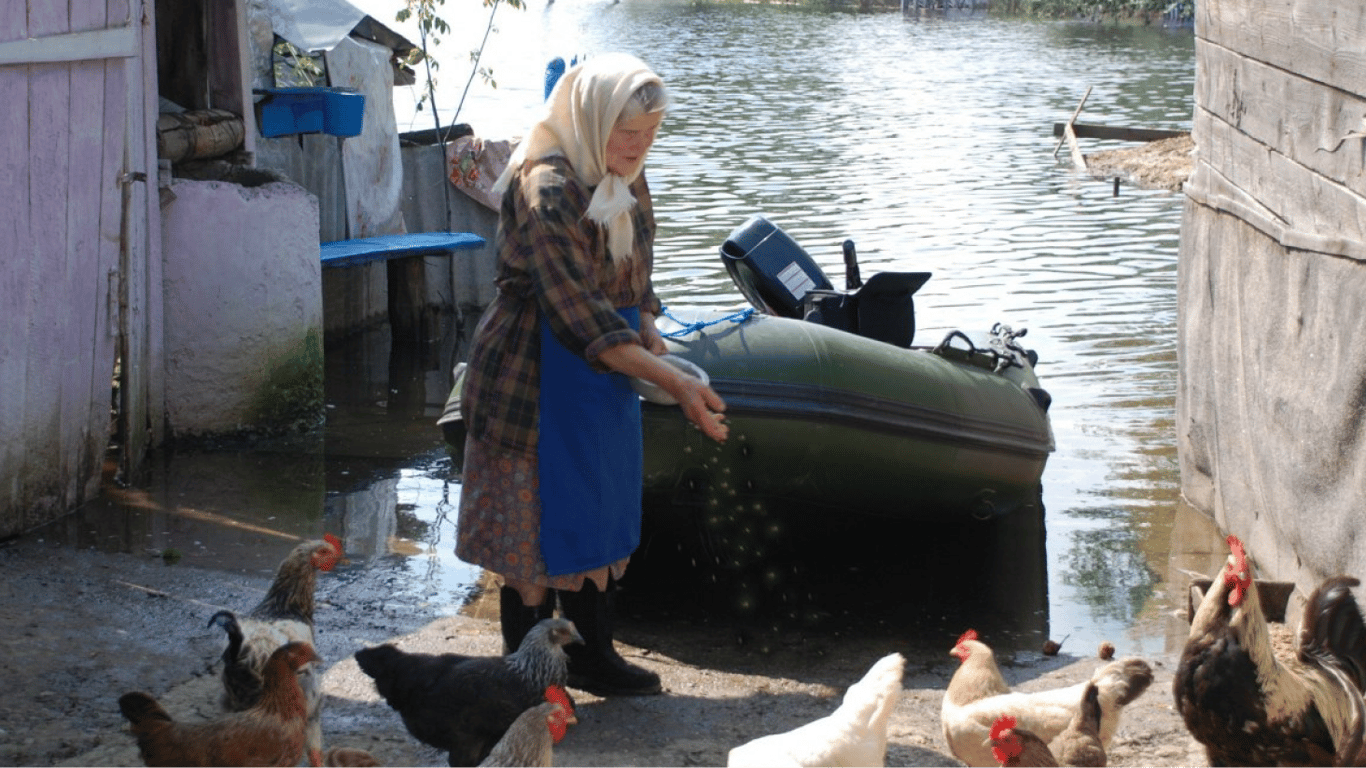Work and Rest Balance: Which European Country Sets an Example.


This year, some European countries switched to a four-day workweek. Employees who work less have found better productivity and gained more Time for sleep. According to a study by MattressNextDay, people who work four days a week instead of five sleep an hour more. The average European manages to sleep around seven hours a day. The study analyzed data from 36 European countries to identify where the work and sleep balance is the best. In the Netherlands, employees work an average of 32.2 hours a week and sleep eight hours and five minutes. Therefore, they have the highest job satisfaction in Europe, followed by Finland, Denmark, and Iceland. Countries where employees work the least and sleep the most have fewer stress-related problems. In Norway, employees work 33.9 hours a week and actively spend time outdoors, which positively affects sleep quality and mood. Meanwhile, in Turkey and Montenegro, the work and sleep balance is the worst. Turkey has the longest workweek in Europe - 44.2 hours. The unstable economic situation in both countries also negatively affects the balance between work and sleep. Montenegro ranks second in the length of the workweek - 43.4 hours. However, the government is already considering reducing working hours in these countries.
Read also
- How to insure property in Ukraine against 'Shaheds' and rockets
- Alimony for Two Children - What is the Amount of Payments in 2025
- Re-registering an Apartment to the Wife — What the Law Allows in 2025
- Pensioners will receive an additional 1.2 thousand UAH in 2025 — who is eligible
- Support for Ukrainians 60+ — what to expect in August
- Transferring a House to a Relative — What You Need to Know in 2025









